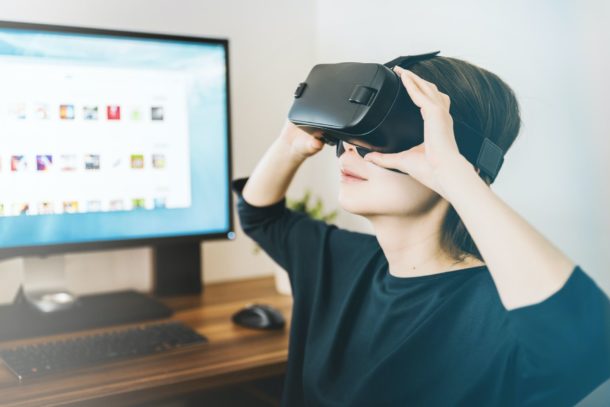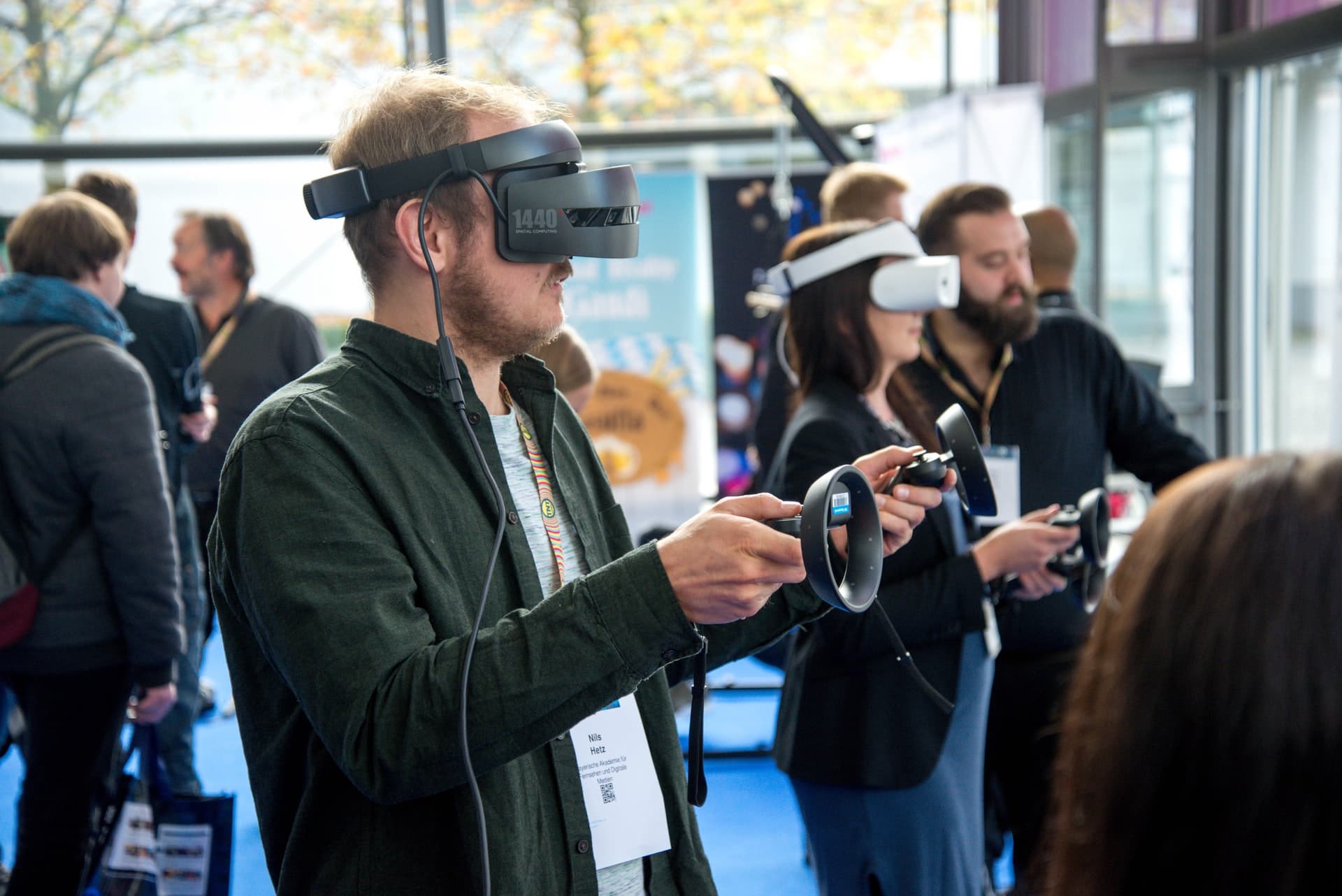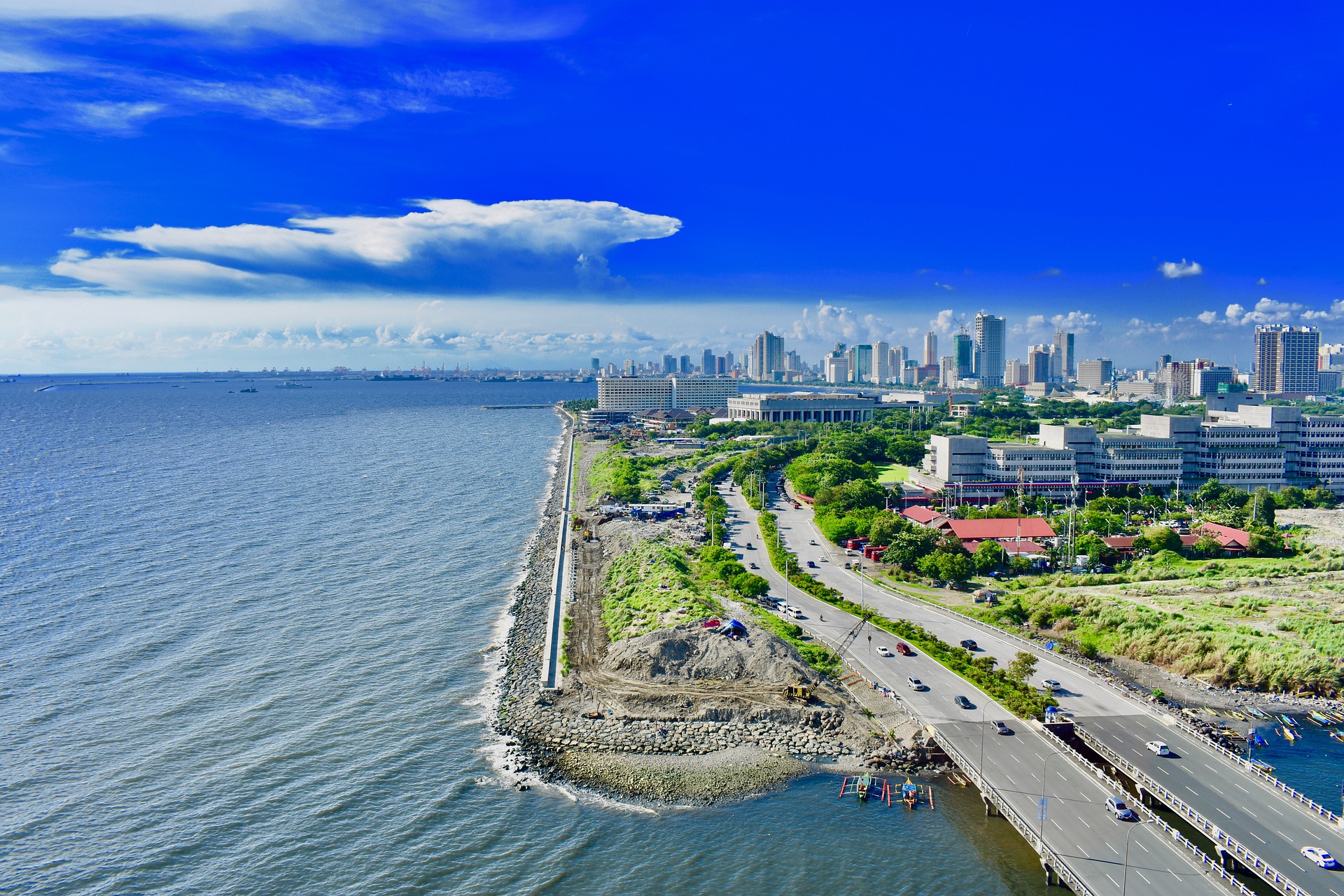Museums, such as the Louvre and the British Museum, because of COVID19, started collaborating with VR and 3D printing startups to make their exhibitions digitally accessible. As a result of that, startups indirectly prompted sustainability in museums by providing alternative ways of engaging with the public.
Often, “traditional” museums have limited access to exhibitions and archives, disrupting their educational purpose. VR and 3D printing startups can help improving sustainability in museums by enhancing visitors’ experience and by allowing access to their exhibitions to a wider public.
If you need help with the sign of your business, Sign Company in Doral FL can help you creating a well designed sign that will attract more customers.

“Traditional” exhibitions are thought of for people who can afford to travel and are able-bodied. The application of VR and 3D printing allows museums to guarantee everyone access to these exhibitions, including world-renowned paintings and sculptures.
Startups such as WASP, Kai XR, Emissive, Infinitech are helping museums by providing a multisensory and interactive learning experience. This digitalization of collections allows people with visual impairment and disability, who otherwise couldn’t have visited museums, to get involved through VR or tactile experience of 3D replicas.

With the digitalization of museums’, crowded exhibitions might belong to the past. VR and 3D printing already allow visitors to have access to high-resolution copies of paintings and sculptures from the comfort of their homes. The Louvre, for instance, has developed a VR experience that allows virtual visitors to have a close look at the Gioconda.
Open Access to Digital Archives a Sustainable Revolution
In a similar way to VR, but through open digitized archives, museums are granting access to their documentations and their exhibitions to a wider public. This change in the way people and museums interact will consequently change also the traditional archival method.
Some of the museums that digitalized their exhibition and archives are The MET Museum in New York City, The Vatican Library, and the Smithsonian in Washington DC. By doing so, these museums are allowing access for educational purposes to the public at large, as well as providing an opportunity for researchers to study and get their “virtual hands” on important documents or pieces of art. Before that, museums had to schedule special exhibitions or grant special access to review and study all those.
Open virtual access enhances visitor’s experience because it allows them to see and interact with artifacts from different perspectives noticing every detail. A fantastic example of this is available at the Quai Branly museum in Paris, where visitors can see artifacts and look inside ancient coffins. Without digital archives, this would not be possible. Startups working on digitalizing museum collections will soon be able to offer customizable and interactive learning experiences, and this will offer a wider range of learning opportunities to those visiting museums.
RELATED ARTICLES: Ki Culture, Promoting Sustainability In The Cultural Heritage Sector|Coronavirus and Art: How Quarantine Impacts Museums |How Education Obscures British Racial Legacy
Museums’ Decolonisation Through 3D Printing
Developed countries’ museums very often include art pieces or collections, coming from abroad that were brought in when one country had colonized another. 3D Startups can improve museums’ sustainability by creating 3D printed replicas and allowing museums to return artifacts to the original owners.
Some museums claim that they can better preserve artifacts and they are not willing to return them, but very often those artifacts have an important cultural value for local communities. The Smithsonian was one of the first museums to return different artifacts to their country of origin after creating 3D printed replicas.
This is a great step into solving the issue of loathing and appropriation of art pieces. 3D printing is not the only solution available, but for now, it is the most sustainable and more acceptable for both parties.
What About Museums “Traditional” Visiting Experience?
Some people consider the digitalization of museums in a negative way, because of the distance created between artifacts and visitors. However, VR and 3D printing should be used to enhance the “traditional” way of visiting museums.
By collaborating with startups, in the introduction of innovation and technology to their exhibitions, museums can cope with different challenges. Digitalization brings life to “static” exhibitions while also opening access to museums’ collections to everyone around the world.
Editor’s Note: The opinions expressed here by Impakter.com contributors are their own, not those of Impakter.com










